Climate change is not going to wait for America to get its act together
Joe Manchin is fiddling while New York drowns
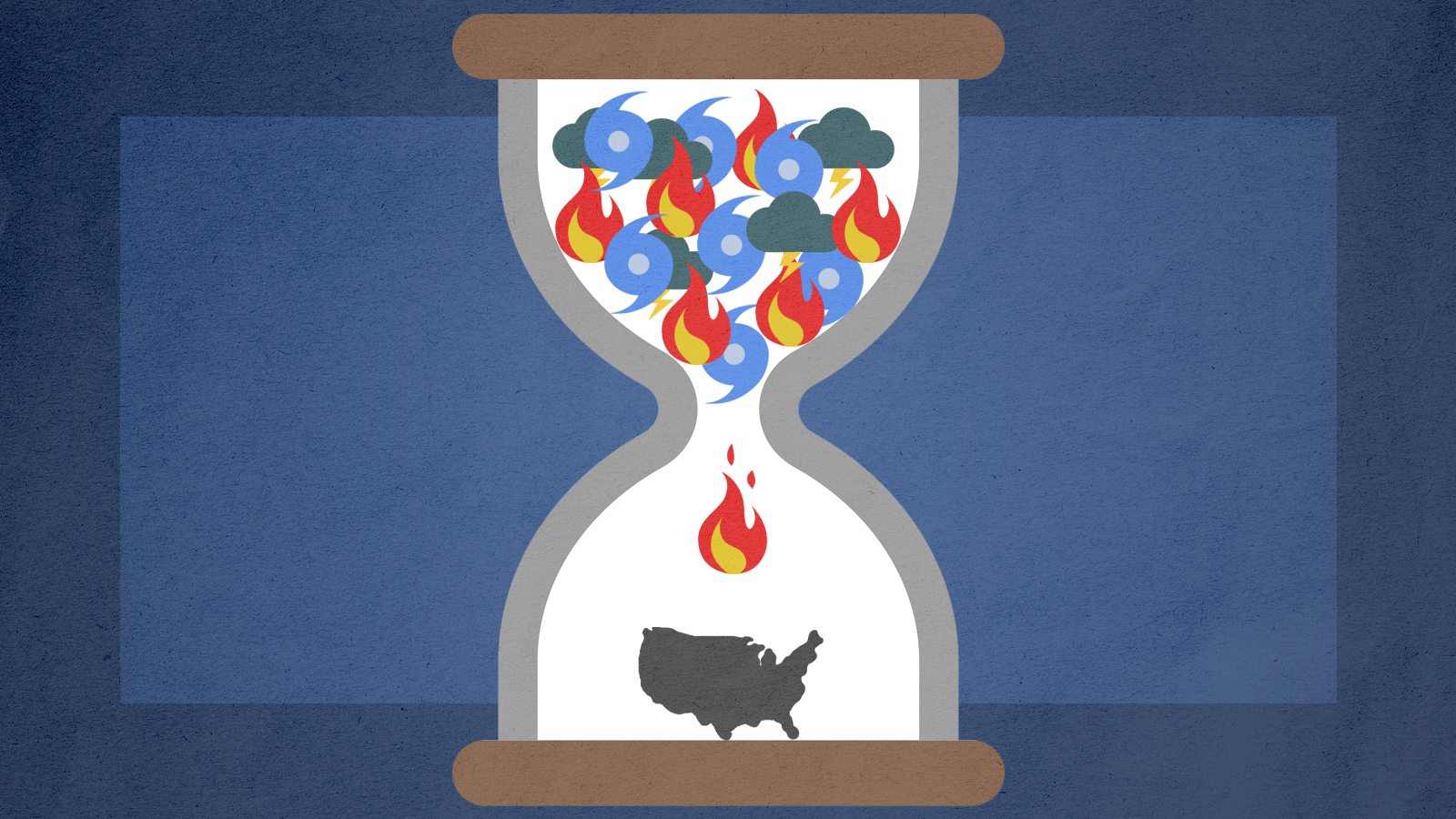

There has been a recent change in verb tense with respect to climate change: What was once the future is now the present. Louisiana just got hammered by a hurricane that — in what is becoming a signature characteristic of a warming climate — strengthened very rapidly thanks to super-hot temperatures in the Gulf of Mexico, giving residents barely enough time to evacuate. The remnants of that hurricane then caused flooding all the way from Louisiana to Maine. Philadelphia saw the worst flooding since 1869. The National Weather Service issued the first flash flood warning for New York City in its history. At time of writing, at least 45 people were confirmed dead across the Northeast.
I find it hard to grapple with this reality. Following the science, I have been predicting this kind of thing for many years. But now that climate change is truly undeniably here, and highly unusual if not totally unprecedented weather disasters are hitting on a weekly basis, it is still somehow shocking. I suppose arid scientific predictions will always feel a lot different than one's own city being heavily flooded. It's a reaction that Americans — in particular Sen. Joe Manchin (D-W.V.), who recently launched a broadside against Democrats' $3.5 trillion reconciliation package, which contains a great deal of climate policy — need to get over soon.
It is tempting to read some kind of cosmic justice into these events. America spewed forth greenhouse gas emissions with reckless abandon for two centuries, 50 years of which were after the basics of climate science were well-understood and widely publicized, and now a vengeful nature is inflicting retribution.
Subscribe to The Week
Escape your echo chamber. Get the facts behind the news, plus analysis from multiple perspectives.

Sign up for The Week's Free Newsletters
From our morning news briefing to a weekly Good News Newsletter, get the best of The Week delivered directly to your inbox.
From our morning news briefing to a weekly Good News Newsletter, get the best of The Week delivered directly to your inbox.
The truth, of course, is even scarier. An angry nature god would imply that something powerful cared about humanity enough to punish us. In reality every human being could die tomorrow and the world would go on spinning without interruption in an inconceivable vast universe. It would be a drop of water in the Atlantic Ocean. In the colossal expanse of cosmic time, humanity's entire lifespan is barely an eyeblink.
Our only significant accomplishment is how rapidly we are changing the climate, which is in the same league as a major asteroid strike or continent-scale volcanic eruptions. But even that is nothing new. Planet Earth has seen worse than us before and it'll see worse after we are gone. Nobody is coming to teach us lessons about our hubris, and there is no appealing the laws of physics.
Some form of denial must be part of the reason why Manchin is now raising questions about the reconciliation bill, not to mention the giant corporate lobbying campaign that undoubtedly explains his sudden change of heart. The reconciliation bill would — in large part because Manchin himself insisted that it can't raise the deficit — raise taxes on corporations, people making high incomes, and especially wealthy heirs. Obviously corporate interests and the oligarch class don't want that, because no amount of money is ever enough for them.
Very few people are so evil that they can willfully consign their own society to catastrophe for the sake of avoiding a fairly modest tax increase. It's just the common behavior of ultra-privileged humans: When faced with a situation requiring any sacrifice, they make up excuses why it shouldn't have to happen. And they'll keep denying they could be hit by disaster — like a wildly unusual tornado ripping up a wealthy New Jersey suburb — until the rising seas close over their heads.
That said, Manchin's op-ed is still blatantly dishonest. He complains about inflation that is happening almost entirely because of temporary bottlenecks in a handful of industries. He complains about deficits that a.) are not a problem and b.) will not increase anyway because of the tax increases. He complains that "I can't explain why my Democratic colleagues are rushing to spend $3.5 trillion," regarding a bill that has been discussed in minute detail for months in negotiations that have revolved around him personally.
It's obvious what is happening here. Manchin is throwing up chaff to try to trim down the bill, if not destroy it completely. It is a duplicitous public relations campaign to protect the bottom lines of his rich friends. It's of a piece with ex-senators Heidi Heitkamp and Max Baucus's maudlin lies that ending the stepped-up basis loophole — which allows ultra-wealthy people to collect inheritance tax-free — will exterminate America's family farms and ranches.
More blinkered, self-defeating selfishness would be hard to imagine. As the dire flooding across the eastern U.S. showed this week, American infrastructure is already desperately in need of upgrades just to deal with the weather disasters happening now, let alone those that will happen if we continue to procrastinate.
And as Greg Sargent argues at The Washington Post, Manchin would not only core out most of Biden's climate policy, but also risk blowing up global climate negotiations, which are set to resume soon. If the worst historical emitter can't show that it is at least making some effort, other nations could easily conclude that doing their part would be pointless.
The wealthy aristocrats of Ancien Régime France behaved as Manchin and his rich friends are doing now — furiously preventing reforms that would preserve society because they would require the rich to make small sacrifices. Faced with this despicable betrayal of President Biden and the Democratic Party, it is therefore critical for the party left in the House and Senate to continue to demand that there be no bipartisan infrastructure bill unless reconciliation gets through as well. Even the climate policy in there is seriously inadequate compared to the scale of the problem — and this package is very likely the only reform that is getting passed until 2030 at the earliest.
If it's blocked, Washington should consider what usually happens when political elites are unable to fix disintegrating conditions around them: revolution.
A free daily email with the biggest news stories of the day – and the best features from TheWeek.com
Ryan Cooper is a national correspondent at TheWeek.com. His work has appeared in the Washington Monthly, The New Republic, and the Washington Post.
-
 An American girl takes on London, 'Bosch' gets another spinoff and Washington Black leaps from page to screen in July TV
An American girl takes on London, 'Bosch' gets another spinoff and Washington Black leaps from page to screen in July TVthe week recommends This month's new television releases include 'Too Much,' 'Ballard' and 'Washington Black'
-
 Australian woman found guilty of mushroom murders
Australian woman found guilty of mushroom murdersspeed read Erin Patterson murdered three of her ex-husband's relatives by serving them toxic death cap mushrooms
-
 Elon Musk launching 'America Party'
Elon Musk launching 'America Party'Speed Read The tech mogul promised to form a new political party if Trump's megabill passed Congress
-
 'More must be done'
'More must be done'Instant Opinion Opinion, comment and editorials of the day
-
 The last words and final moments of 40 presidents
The last words and final moments of 40 presidentsThe Explainer Some are eloquent quotes worthy of the holders of the highest office in the nation, and others... aren't
-
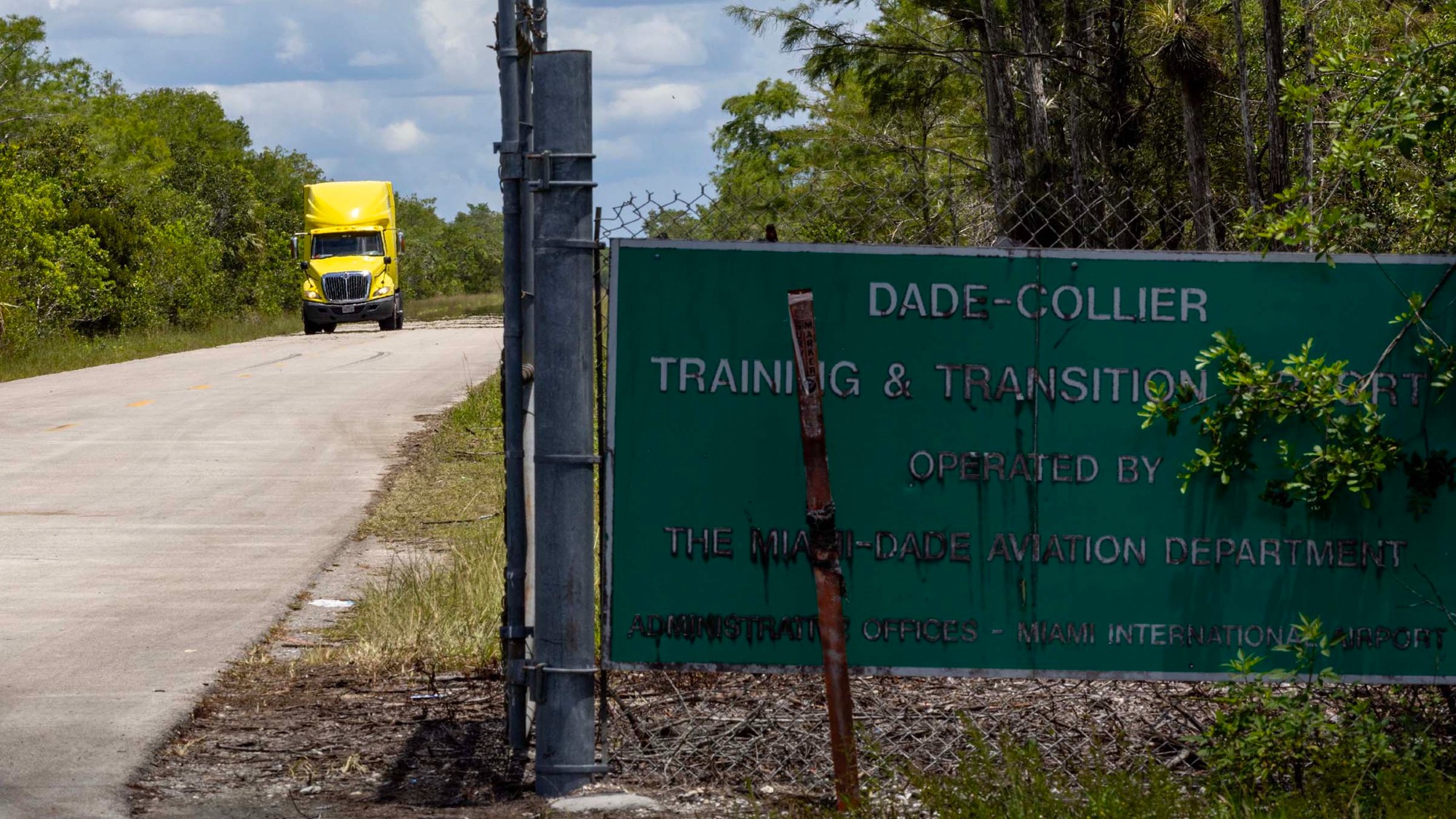 'Alligator Alcatraz will be a blight on the Everglades'
'Alligator Alcatraz will be a blight on the Everglades'Instant Opinion Opinion, comment and editorials of the day
-
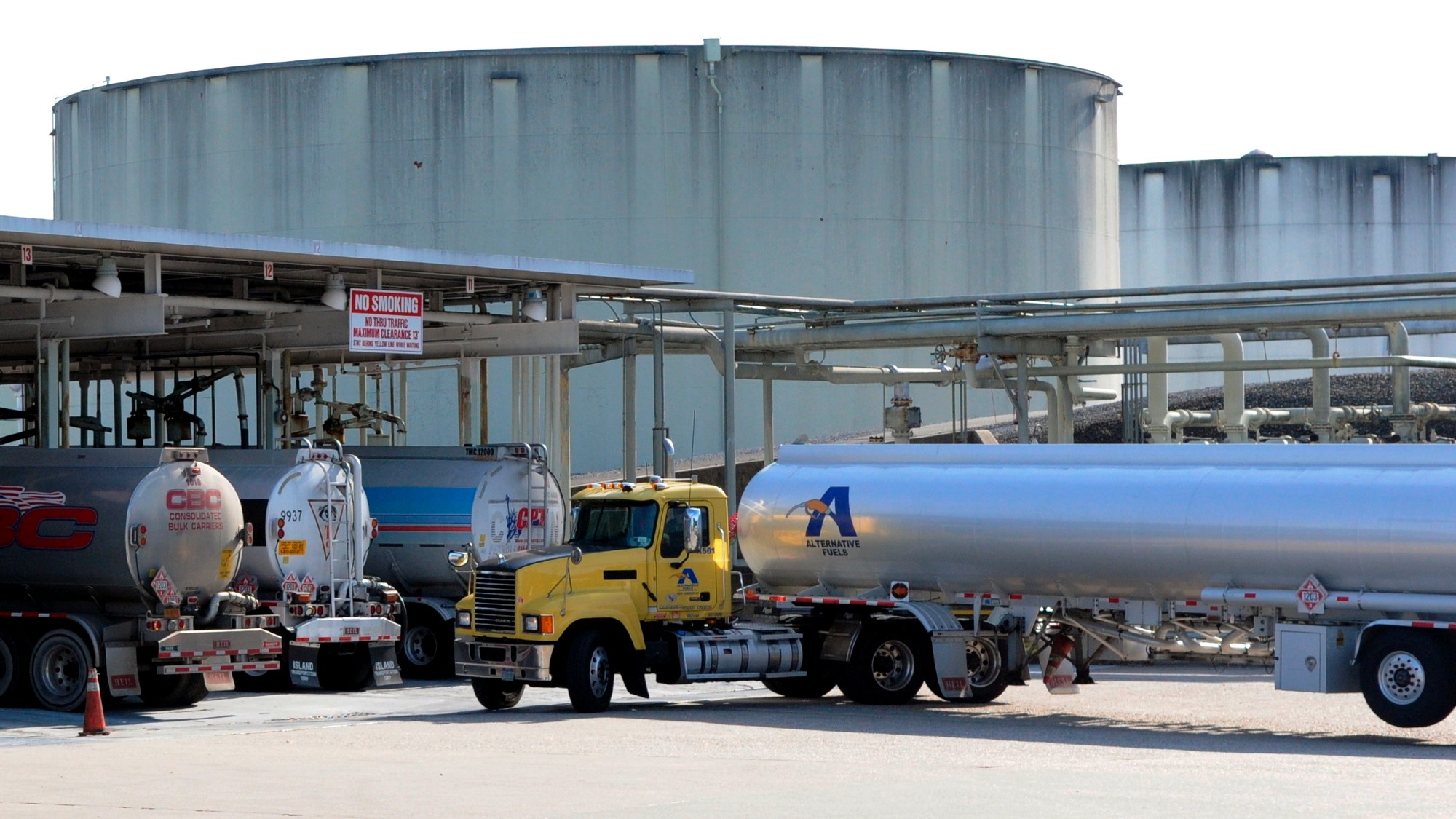 'Big Oil does not accept responsibility'
'Big Oil does not accept responsibility'Instant Opinion Opinion, comment and editorials of the day
-
 'Retailers have a role to play, too'
'Retailers have a role to play, too'Instant Opinion Opinion, comment and editorials of the day
-
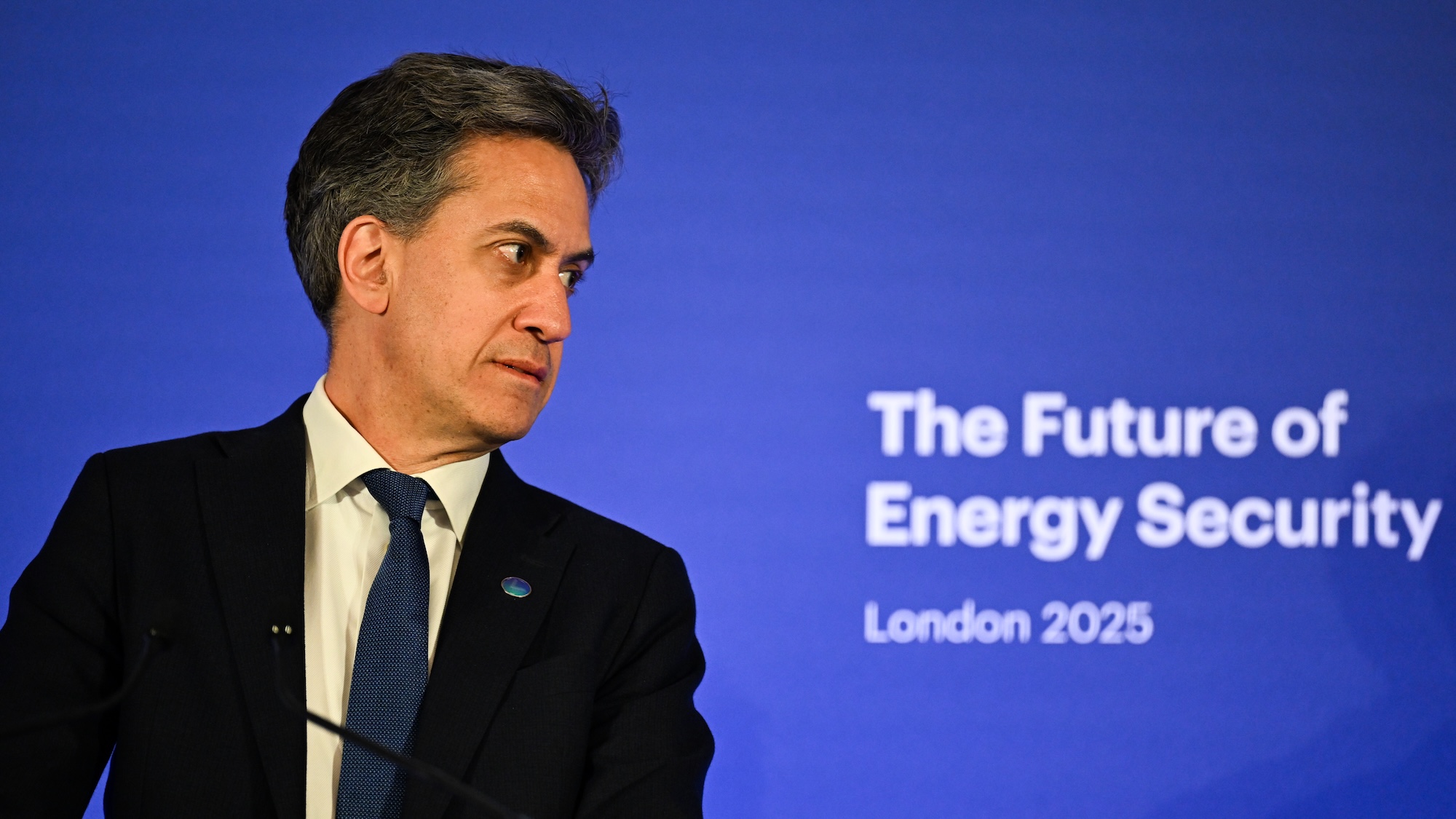 Ed Miliband, Tony Blair and the climate 'credibility gap'
Ed Miliband, Tony Blair and the climate 'credibility gap'Talking Point Comments by former PM Tony Blair have opened up Labour to attacks over its energy policies
-
 'Nearly a quarter of a billion children had their education interrupted by climate-related natural disasters'
'Nearly a quarter of a billion children had their education interrupted by climate-related natural disasters'Instant Opinion Opinion, comment and editorials of the day
-
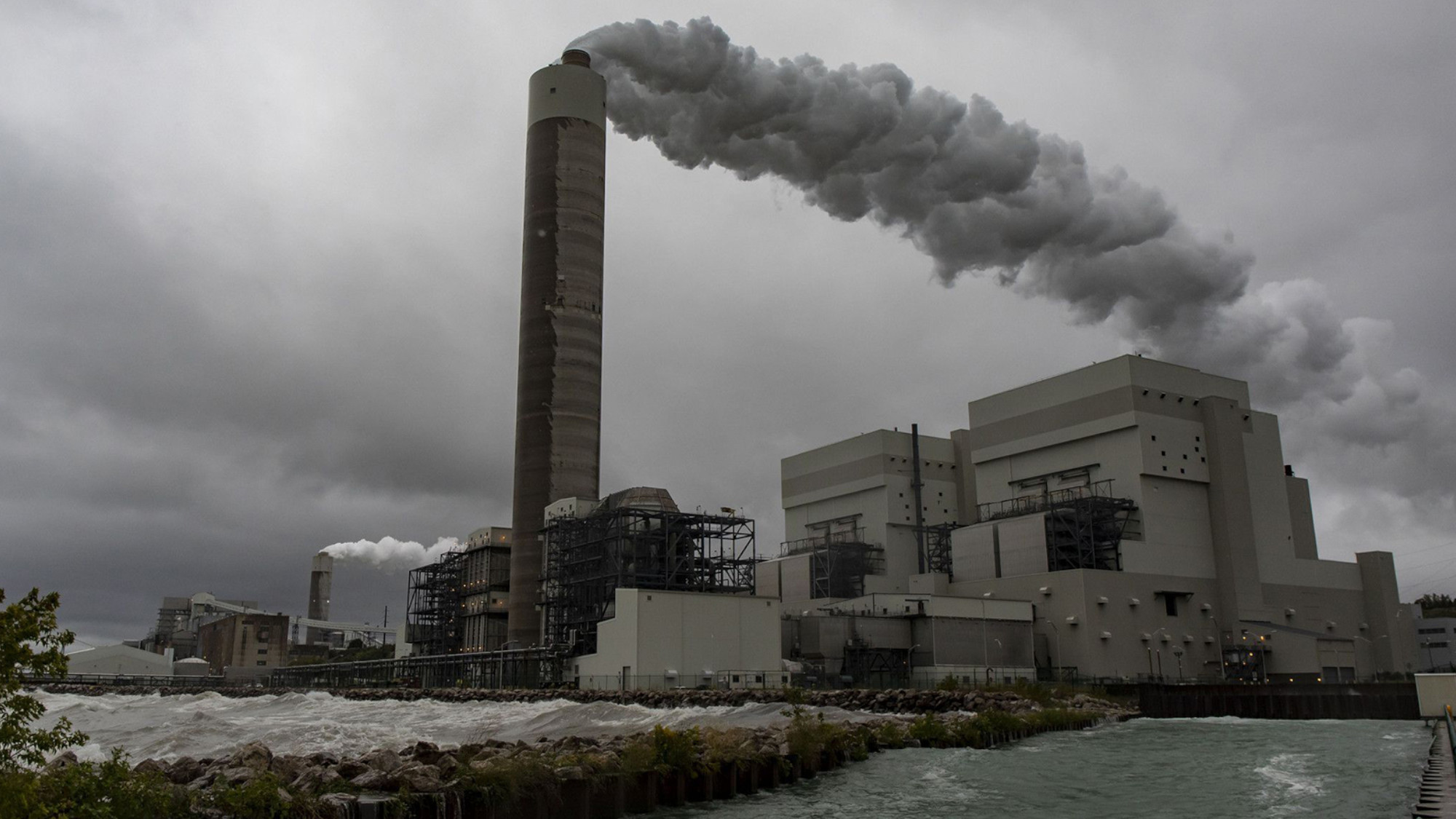 Climate: Trump's attempt to bring back coal
Climate: Trump's attempt to bring back coalFeature Trump rolls back climate policies with executive orders aimed at reviving the coal industry
